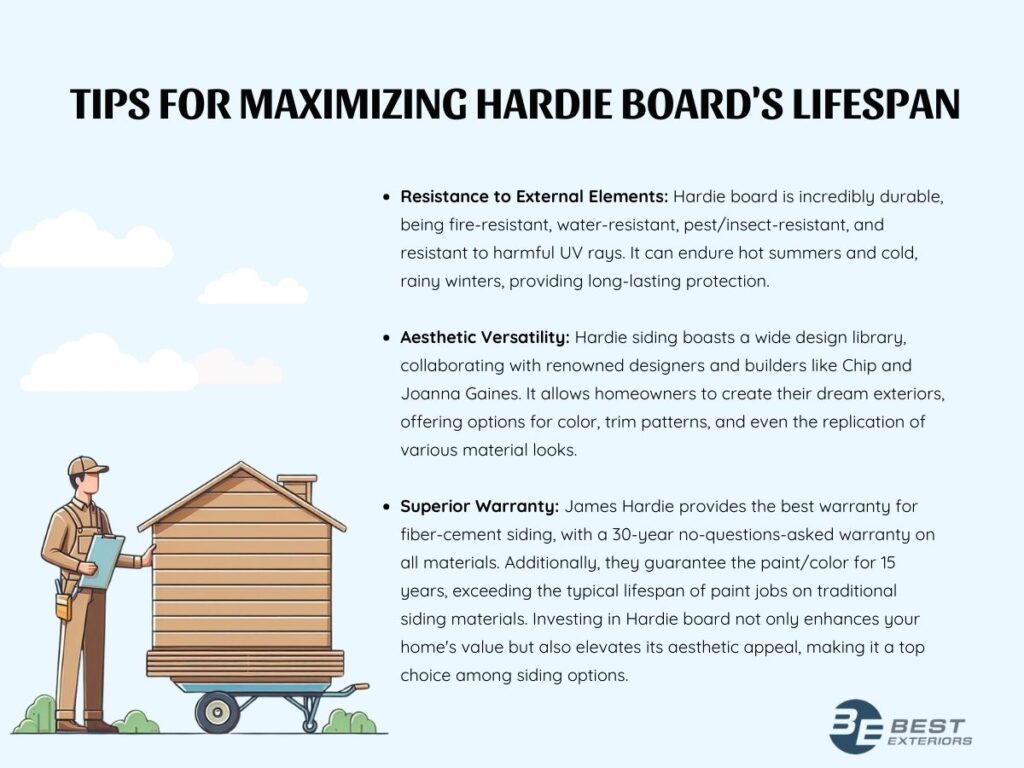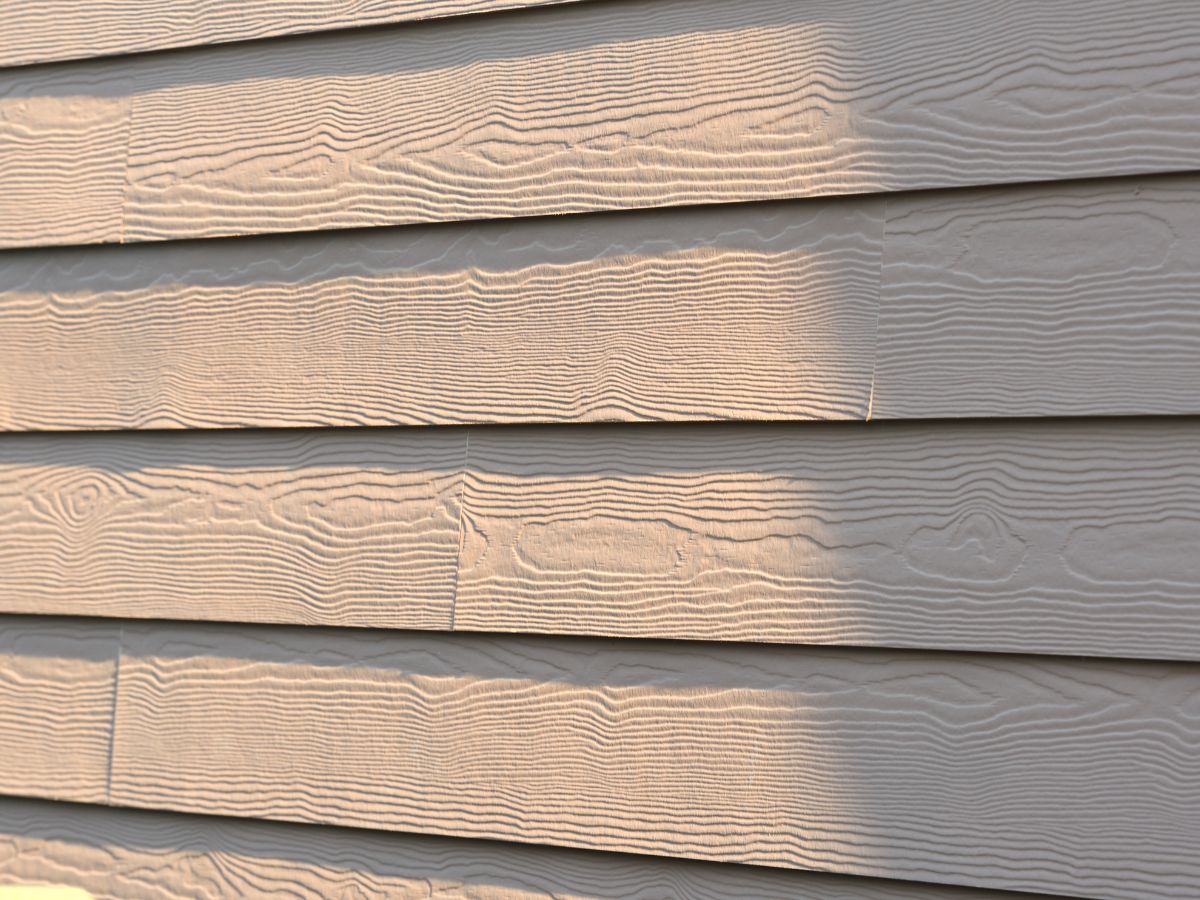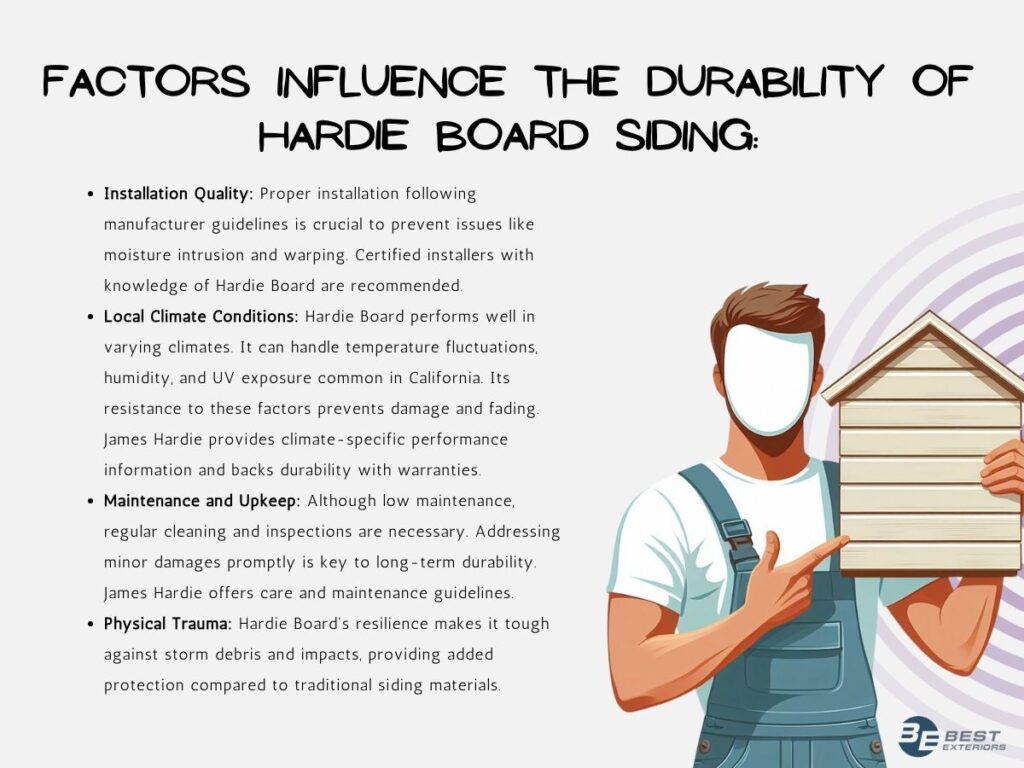
Vinyl vs. Fiber Cement Siding: Which Material Is Superior?
Introduction
When it comes to home exteriors, the choice of siding is one of the most critical decisions homeowners face. Siding not only enhances the aesthetics of your property but also plays a vital role in its protection and insulation. In this extensive guide, we will explore two popular siding materials: vinyl siding and fiber cement siding.
But why are these materials so significant? It's simple—understanding their benefits, drawbacks, and overall performance can help you make an informed decision that could save you money and headaches down the line. Let’s dive deep into the world of siding and find out which material is superior for your home.

Vinyl vs. Fiber Cement Siding: Which Material Is Superior?
What is Vinyl Siding?
Vinyl siding is a type of plastic exterior cladding that has become increasingly popular in residential homes since its introduction in the 1960s. Made primarily from polyvinyl chloride (PVC), vinyl siding offers a range of colors and styles while ensuring durability and low maintenance.
Benefits of Vinyl Siding
Drawbacks of Vinyl Siding
What is Fiber Cement Siding?
Fiber cement siding consists of a blend of cement, sand, and cellulose fibers, creating a durable product that mimics wood but with better longevity and resistance to pests.

Benefits of Fiber Cement Siding
Drawbacks of Fiber Cement Siding
Siding Contractors Near Me
Finding reliable siding contractors near you is crucial for making sure your installation goes smoothly, whether you choose vinyl or fiber cement siding.
How to Choose the Right Contractor?
- Check online reviews for local contractors specializing in both types of siding.
- Ask about their experience with vinyl and fiber cement installations specifically.
- Get multiple quotes before making a decision.
Cost Comparison Between Vinyl and Fiber Cement Siding
Understanding the cost implications can significantly impact your decision-making process.
| Feature | Vinyl Siding | Fiber Cement Siding | |-------------------------------|-------------------------------|-------------------------------| | Average Cost per Square Foot | $2-$7 | $6-$12 | | Installation Cost | Lower (due to lightweight) | Higher (requires skilled labor)| | Lifespan | 20-30 years | Up to 50 years |

Conclusion on Costs
While vinyl might seem like a more affordable option initially, fiber cement's longevity could provide better long-term value despite higher upfront costs.
Installation Process Overview
Vinyl Siding Installation
When opting for vinyl siding installation near me, here's what you can expect:
Fiber Cement Installation
If you're considering James Hardie siding installation, keep in mind:
FAQs About Vinyl vs Fiber Cement Siding
1. What’s more durable—vinyl or fiber cement?
Fiber cement is generally more durable Click for more than vinyl due to its resistance against weather extremes, pests, and fire hazards.
2. How long does each type last?
Vinyl typically lasts about 20-30 years while fiber cement can last up to 50 years with proper care.
3. Is one easier to maintain than the other?
Yes! Vinyl requires less maintenance compared to fiber cement which needs repainting every few years.
4. Can I install either type myself?
While DIY installation is possible for both types, it’s recommended to hire professional siding contractors near me for best results—especially for fiber cement due to its weight.
5. Are there eco-friendly options available?
Yes! Some brands offer eco-friendly versions of both vinyl and fiber cement siding made from sustainable materials.
6. Which material offers better energy efficiency?
Both materials can be energy-efficient when installed correctly; however, insulated vinyl may provide an edge in thermal performance during extreme temperatures.
Conclusion
Choosing between vinyl vs fiber cement siding ultimately depends on your budget, aesthetic preferences, climate considerations, and how much maintenance you're willing to undertake over time—each material has its unique strengths and weaknesses that cater to different homeowner needs.
Before making that final decision on your home's exterior makeover, contact local experts like siding contractors or siding companies near me who specialize in both types of products—they'll help guide you through selecting the ideal option tailored just for your residence!
So now we ask again—Vinyl vs Fiber Cement Siding: Which Material Is Superior? The answer lies within your personal preferences combined with practical considerations you've learned throughout this article!